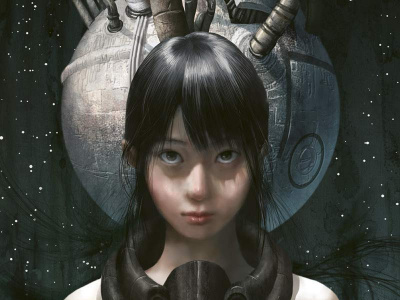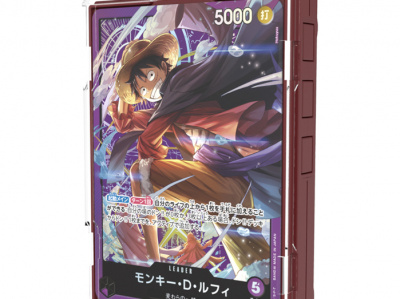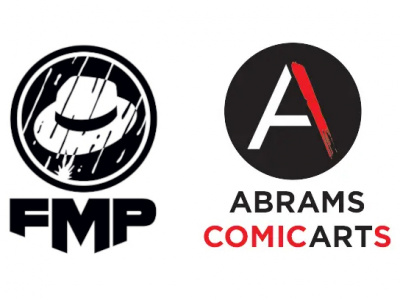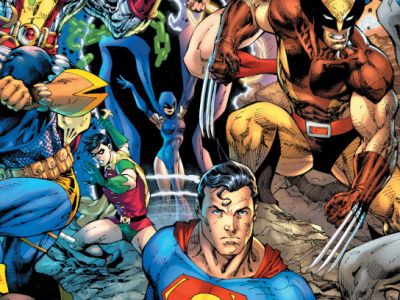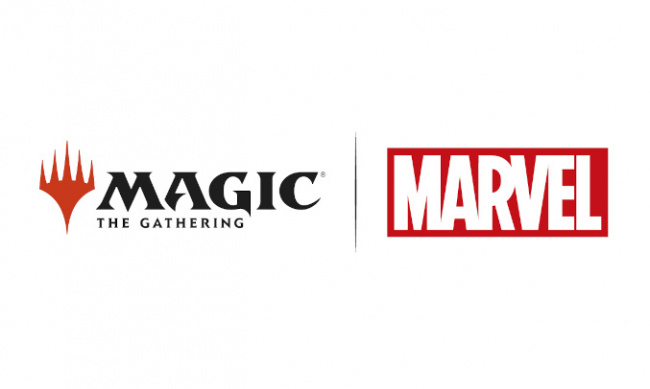Neon Genesis Evangelion is arguably the most influential science fiction anime series of the 1990s, though it is certainly not without its controversies. The final episodes of the hugely popular series were either an avant garde and thought-provoking exercise in minimalism or the result of Gainax Studios running out of money (or both). After the series was broadcast Gainax put out two Evangelion films. The first, entitled Evangelion: Death & Rebirth (see 'First Evangelion Movie') recaps the first twenty-four episodes and includes the first part of the apocalyptic ending that leads up to The End of Evangelion. It was released by Manga Entertainment last month. The End of Evangelion is comprised of two alternate episodes that are intended to take the place of episodes 25 and 26 of the original Neon Genesis Evangelion series. The End of Evangelion is a visual tour-de-force that anime fans won't want to miss.



